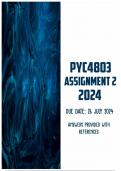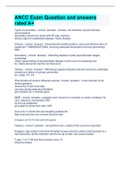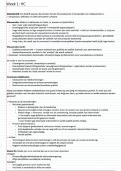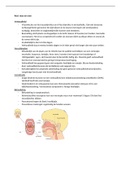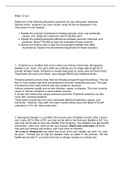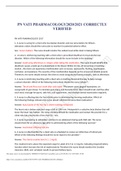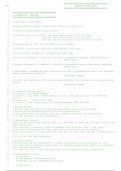Tentamen (uitwerkingen)
PYC4803 Assignment 2 2024 | 26 July 2024
- Vak
- Instelling
- Boek
Study chapter eight (social influence) in your prescribed book before attempting to answer this question. (A) Give your own example of destructive obedience that occurred in your society and explain possible reasons as to the underlying reasons why people comply with this form of social influen...
[Meer zien]
